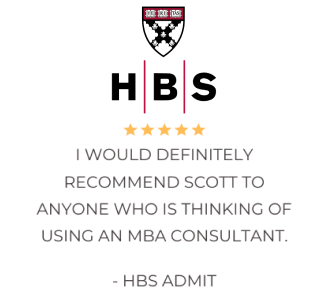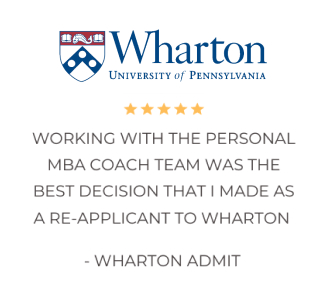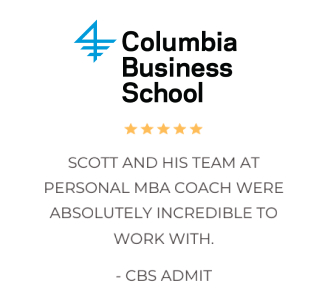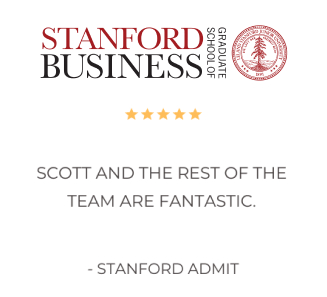A resume is an essential part of every MBA application, but that does not mean you can throw your normal resume in and call it done. MBA admissions committees look at your resume differently than a hiring manager would, and as such, it should be catered to their preferences.
Personal MBA Coach is here to show you the differences between MBA resumes and professional resumes. Learn some of the key differences you have to know to optimize your resume for business school.
1. Stay Away From Industry Jargon
When you submit a resume for a job application, it is likely full of buzzwords and industry jargon that help you get past basic screenings and put your application in front of the people who need to see it. The same is not necessarily true for your MBA resume. Admissions teams may not be familiar with the latest industry terms or phrases you use at the office, and they will not spend their time looking them up and trying to understand them.
When in doubt, frame your target audience as people new to your industry and stay away from technical details that will not enhance their understanding of the value you bring to the table. Make your resume concise and describe everything in layman’s terms — Adcom members will be thankful for it.
2. Emphasize Transferable Skills and Leadership
Being knowledgeable in SQL may be essential to the role you have now, but this is not as interesting to admissions committee members. Emphasize your transferable skills and how you have acted as a leader. How have you shared new insights with your team, led innovative ventures or managed a team/project? If you are going to name professional skills, think about ones relevant to numerous industries, such as analysis, strategic thinking or research. These will be much more compelling in convincing the reader that you can succeed at earning an MBA.
3. Do Not Just List Your Job Description
Job descriptions exist for a reason — they provide a general overview of what prospective candidates may do in a particular position. Unfortunately, they do not give much detail on the specifics of your day-to-day workflow and what you have done above and beyond others in your role. Do not hinge this part of your resume on generalized information someone else wrote. Instead, consider the key accomplishments you have achieved and how they set you apart.
Have you been a leader of any company initiatives? What kinds of projects do you focus on, and how do you achieve success in them? Have you been recognized in your role? Find the highlights that showcase skills that will transfer to your MBA, and remember that it is okay to leave some things out if they do not relate to your post-MBA goals.
4. Include Results
Results are what admissions teams are really looking for in your resume. They want to know what value you have brought to your past organizations and what you will bring with you to their MBA programs. Try to be as specific as possible, both in how your roles have contributed to your personal growth and how they have impacted professional results. Use dates, percentages, costs and numbers to solidify your points where possible.
5. Show Them Another Aspect of Your Profile
Successful people (and therefore successful students) have varied interests both inside and outside of the office. They join clubs, volunteer in the community and invest in hobbies that further their interests. Every MBA program wants diverse, well-rounded students, and including these additional points can strengthen your application when done well.
Still, beware of incorporating facts for the sake of padding your resume. Too much “noise” that does not relate to your MBA goals can affect your credibility.
Find Your MBA Application Consultant at Personal MBA Coach
Finding the right balance in your MBA resume can be challenging, especially when you have the rest of your application and your life to focus on. At Personal MBA Coach, we make your application our priority, supporting you through every aspect of the MBA application and interview process. Throughout our more than 17 years of service, we have achieved a 96% success rate.
Gain exclusive insights into the application process and give yourself the best chance for success. Contact us today. We cannot wait to get started.



















